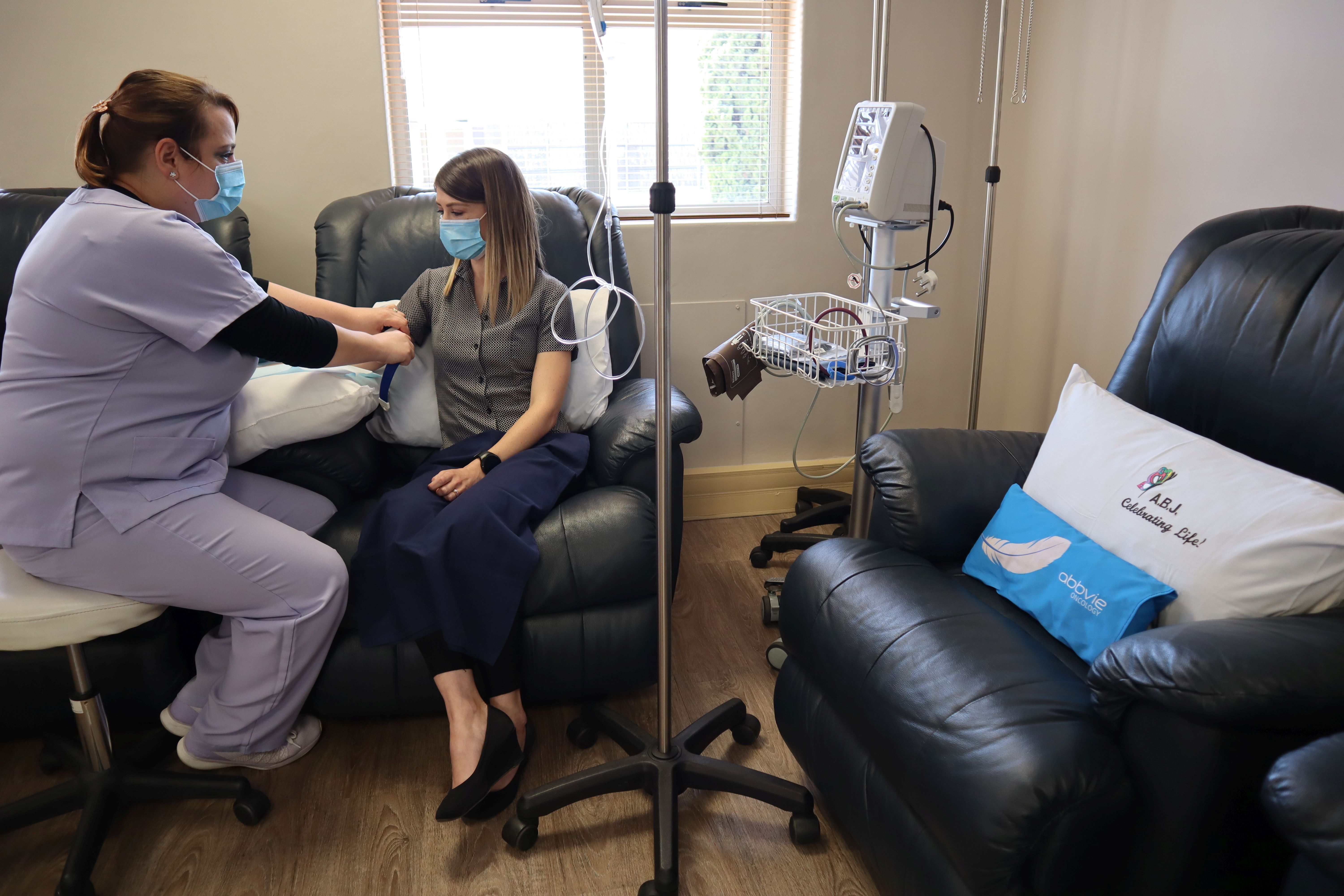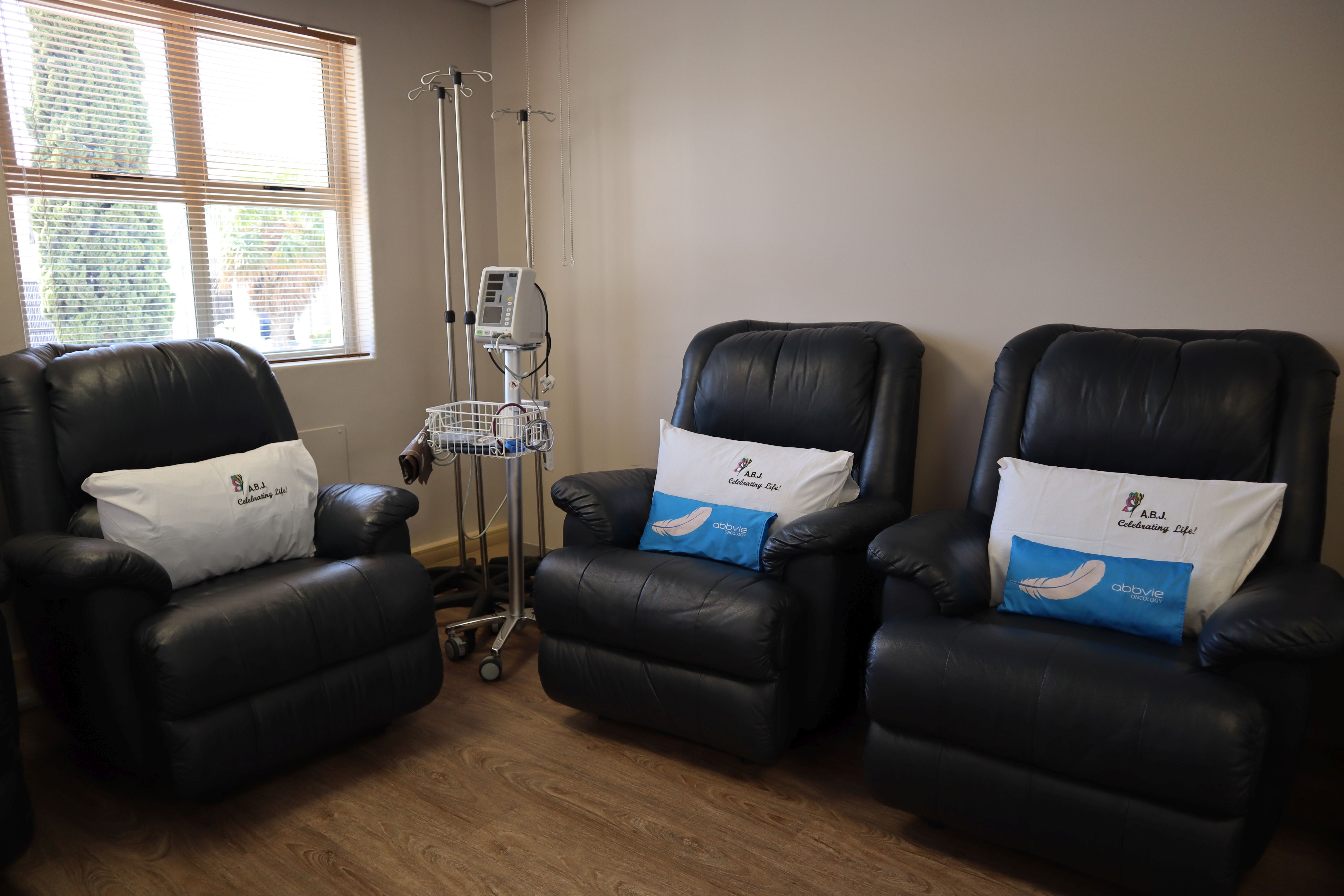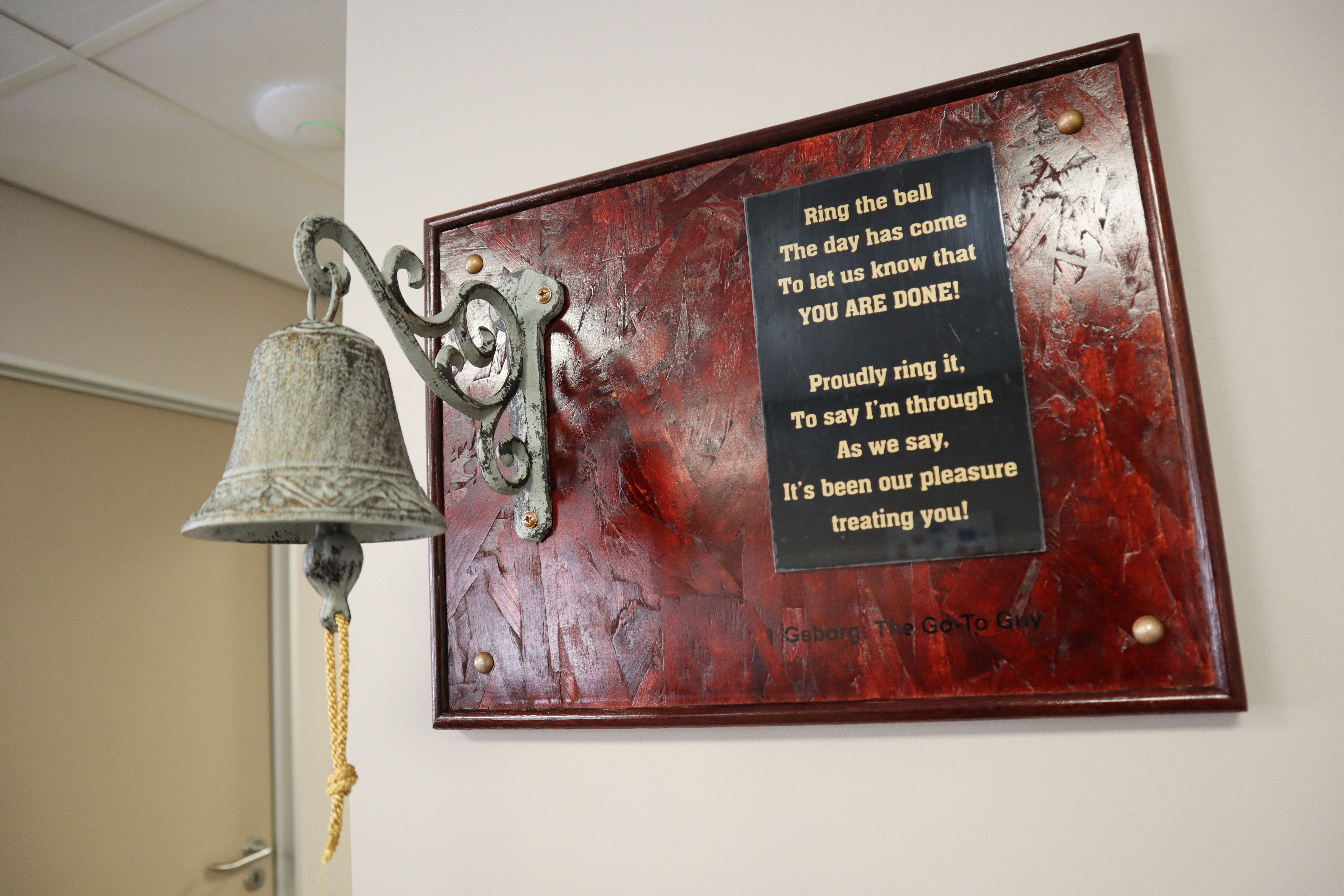The month of October marks breast cancer awareness month – also known as Pinktober. This is an annual campaign to increase awareness of this dreaded and dark disease – ironically, at the time of the year when most trees here are blossoming and beautifully covered in pink. Cancer is often a very lonely and emotional battle to fight, but it does not have to be. There is hope and support out there – you just need to reach out.
According to the Cancer Association of South Africa (CANSA), their mission is to offer a unique, integrated service to the public and to all people affected by cancer. The association says both breast and cervical cancer have been identified as a national priority, with increasing incidences occurring.
Worldwide, approximately 13.1% of women aged 15 years and older live at risk of being diagnosed with breast cancer – the cancer affecting women in South Africa the most. However, there are over 200 different kinds of cancer. Some cancers are named after the part of the body where the cancer or tumour originates.
“It is important for women and men to be empowered with knowledge regarding lowering their cancer and health risk and recognising warning signs. We encourage annual medical check-ups and cancer screening for early detection, as symptoms do not always present until the cancer has spread,” says Lucy Balona, head of marketing and communication at CANSA.
Prof Welma Lubbe from the North-West University’s School of Nursing is a breast cancer survivor who has been in the seat of this emotional roller-coaster twice in her life. She starts sharing her story with the words: “I hate pink!” and she highlights the importance of support during this extremely difficult time in her life.
“Having all possible treatment options available to you should be the right of every person and not based on your medical aid. But more important is the support options available during these times. During my journey, my family and close friends were my support. They prayed for me when I was unable to do so and I experienced God’s gentle presence so many times. They made sure that my husband and children were cared for by occasionally dropping off a ready-made meal, or sending a ‘survival’ package for my chemo treatments, or they looked for nice head covers that I could wear when my hair started to fall out.
“Support there was! Sometimes in the form of a comfortable chair in a friendly chemo-treatment room and a tea lady with a smile offering a drink. Other times, support was in the form of the oncology treatment team that celebrated with our family on the day I could ring the bell as I completed my treatment. There, they read the poem:
‘Ring the bell, the day has come, to let us know that you are done!
Proudly ring it, to say I’m through.
As we say, it’s been a pleasure treating you!’
“But, although the bell was rung, unfortunately that is not the end of breast cancer. It remains by your side for the rest of your life, whether you get an ‘all clear’ with your three-monthly or annual check-up, and even more so if the diagnosis is stage 4 breast cancer,” Prof Lubbe explains.
Mari Bezuidenhout, a companion of Prof Lubbe who has been diagnosed with metastatic breast cancer, agrees with her, and also shares her own experience.
“One of the main things about having ‘had’ breast cancer is the fact that it will always be a part of you. The fear of recurrence, for those lucky enough to be diagnosed relatively early, is always somewhere in the back of your mind, even though you carry on with your daily life.
“So Pinktober is a challenging time for a lot of us. Not because we are reminded about breast cancer (that is an everyday thing for us!), but because of the almost festive pink-washing of it all. The silly games played, for example to mention the colour of your bra as a Facebook status. And among all this, we have to hear ‘save the tatas’ and ‘this is the easy cancer to have’ and ‘you get a free boob job’. These things are all so incredibly offensive that I really do need to address them.”
Did you know: men can also get breast cancer? They go through all the same treatments, can also undergo mastectomies and can also go through horrible hormone inhibitors for five or 10 years. So how fair is it to “exclude” them from any awareness drives?
Did you know: breast cancer is actually several distinct subdiseases grouped together under one term? There are massive differences between the types, and their treatments differ as well. “I had a very common one, and still have not met someone who had exactly the same permutations. It is different for almost every patient, yet treatment is not individualised. Because ‘breast cancer’ is actually many different diseases, what works for one person does not work for another. So even if that lemon juice did cure that woman in Timbuktu, it does not mean it would work for me,” says Mari.
Did you know: breast cancer does not discriminate against age? Younger and younger women are being diagnosed daily. “Heck, in one of the Facebook support groups I belong to, we just welcomed a 15-year-old to the ‘most dangerous club in the world’. If you find something and your doctor tells you that you cannot have breast cancer, because you are too young, find a different doctor as soon as possible.”
Did you know: mammograms are useless if you have dense breast tissue? Dense breast tissue comprises less fat and more connective tissue, which appears white on a mammogram. Cancer also appears white, therefore tumours are often hidden or masked by the dense tissue. In addition, as the density of the breast increases, the risk of breast cancer also increases. More often, the report will state “nothing detected” instead of admitting “dense breast tissue, inconclusive”. Dense breasts require MRI scans.
Did you know: a mastectomy is not a free boob job? It is a traumatic amputation that leaves you with many physical and emotional scars. “Those of us who decide to reconstruct, do so mostly to look and feel somewhat normal after the originals tried to kill us. The reconstructions can be brutal for some people and often involve several different operations. Some go wrong, some people suffer from complications. We never refer to them as boob jobs or augmentations. They are reconstructions – it is not an elective cosmetic enhancement. Most often, we have no sensation or feeling in the reconstructed foobs (false boobs),” Mari explains.
Yes, early detection saves lives. But by now, most of us know we should check our breasts. But, did you know that not all breast cancers present as a lump? Any changes in your breasts should be checked, not just lumps. And it is not true that no pain means no cancer! Know your normal, and consult a doctor when it changes.
Did you know: for women (and men) whose breast cancer has advanced to stage 4 (there is no stage 5), there is no cure? While some women with stage 4 breast cancer live for many years past their diagnosis, these women are the exception, not the rule.
Did you know: 30% of early stagers end up with advanced stage 4 cancer – cancer that has metastasised (spread to other sites in the body)?
Did you know: no one knows why so many early stagers metastasise? “And we cannot predict when or to whom it will happen. We do not know why it happens in some cases and why not in others. So it is a harsh reality we have to live with every day. Every time we have our regular tests and check-ups, we are acutely aware of the possibility that we might have progressed,” says Mari.
Did you know: stage 4 breast cancer, or mets as it is called, is incurable? “Let me say it again – there is no cure for metastatic breast cancer (cancer that has spread to other sites in the body). Why should this concern all of us? Because ‘early detection’ means almost nothing when you consider the fact that approximately one-third of breast cancer caught at an ‘early stage’ will advance despite having been found ‘early’,” Mari emphasises. Early detection does not assure a good outcome, because so many breast cancers are beyond the current curative capabilities of medical science, no matter at what stage they are found, no matter how faithfully a woman keeps her mammogram appointments, no matter how much money is diverted to “awareness.”
“I am not telling you these things to frighten you, or to be pitied. I have been going through Pinktobers that seem to be missing the point, and honestly just needed to get this off my (reconstructed) chest. Let’s think beyond pink. Let’s think beyond early-stage breast cancer prevention and treatment too. We need solutions to apply when the cancer has spread. Lobby for all cancers. Raise public awareness support. Think past pink. Unfortunately, there are many other colours in the cancer rainbow,” Mari concludes.
If you or someone you know has been diagnosed with cancer, be assured that it does not have to be a lonely path. CANSA wants you to know that you are not alone and that they would like to support you and your loved ones. As you face your cancer diagnosis, learn to live with and through this disease and even beyond it. CANSA would like to inspire hope and courage in you and empower you with the information you need to take control of your life.
Visit www.cansa.org.za for more information, help and support.
*Mari Bezuidenhout’s opinion is based on personal experience.



A new oncology unit has recently opened its doors at Mediclinic in Potchefstroom.
*Note, these photos were staged and does not feature real cancer patients.
